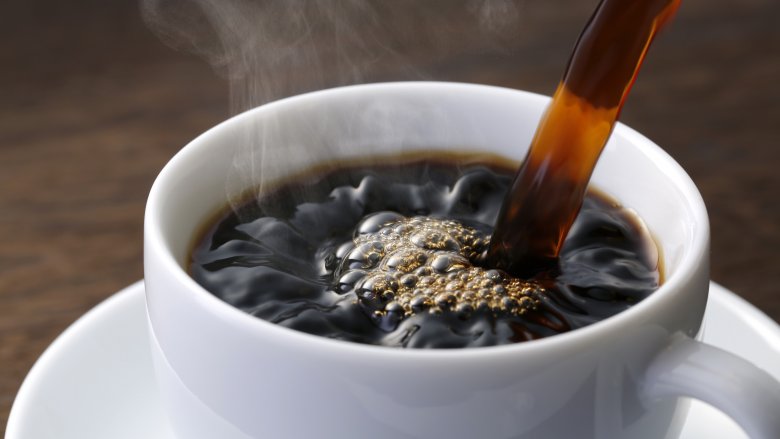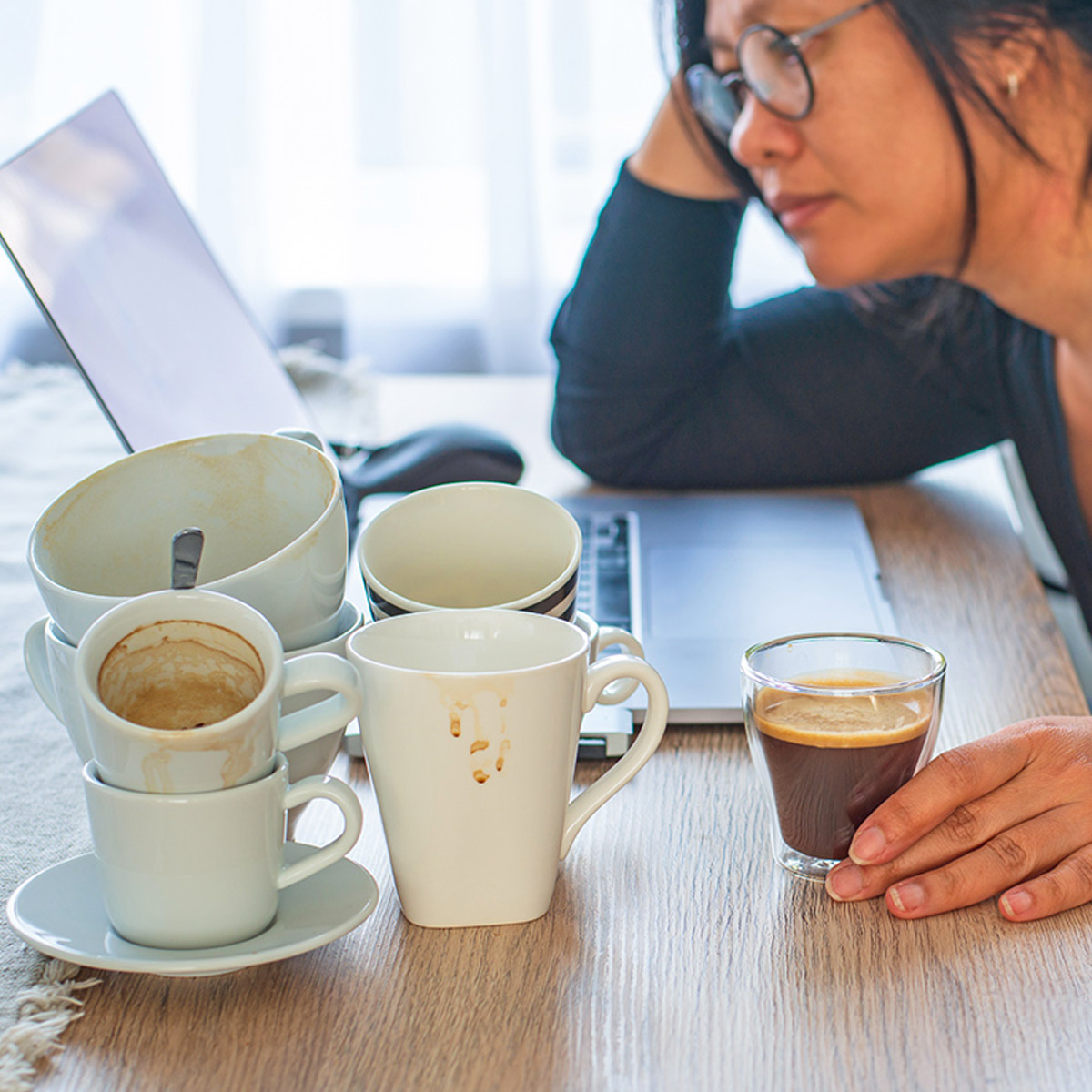Excitement About Caffeine Addiction: Myth or Fact? - The Raleigh House

Indicators on Caffeine Addiction - Addiction Helpline You Should Know
What is caffeine? Caffeine is the stimulant in your coffee, tea, chocolate and soda that decreases exhaustion, increases alertness and gives you a boost of energy. It can likewise cause insomnia, headaches, dehydration and hypertension, if you're not mindful. For numerous, caffeine is a tool to help them get up, perk up and focus.

This Is How Your Brain Becomes Addicted to Caffeine - Science - Smithsonian Magazine
Caffeine is a white, bitter compound that's discovered naturally in over 60 plants, consisting of coffee beans, tea leaves and cacao pods that are used to make chocolate. The U.S. Fda (FDA) considers caffeine to be both a food additive and a drug. The amount of caffeine in your food and beverage differs.

Caffeine: Effects, Risks, and How to Get Help
Coffee can have as little as 2 milligrams of caffeine (decaf coffee) per cup, and as much as 200 milligrams per cup. Your typical tea has about 40 milligrams of caffeine, however it can range from 9 to 110 milligrams. Twelve ounces of soda pop/soft beverage usually has 30 to 60 milligrams of caffeine.
What result does caffeine have on the body? Caffeine passes into your bloodstream from your stomach and little intestinal tract. When in your bloodstream, caffeine stimulates your main nerve system your nerves, brain and spine to make you feel more awake and alert. Caffeine lowers tiredness and enhances focus and concentration.
Top Guidelines Of It's Easier to Beat a Caffeine Addiction Than You Think
When you drink or eat caffeine, the dopamine signaling in your brain is improved. Dopamine is a chemical that aids with controlling inspiration, feelings and motion. You feel more alert and awake when the signaling boosts. How This Is Noteworthy is excessive? The typical American adult takes in 200 mg of caffeine a day.

Caffeine Addiction & Dependence - The Recovery Village
Taking in up to 400 mg or four cups of coffee does not trigger problems for many people. But, caffeine affects individuals in a different way, depending upon their size, gender and level of sensitivity to it. If you're sensitive to caffeine, even moderate quantities can cause insomnia (trouble sleeping), fast heart rate, anxiety and feelings of uneasyness.

What are the symptoms of having too much caffeine? Symptoms of having excessive caffeine may include: Headache, anxiety, dizziness. Having "the jitters" or feeling shaky. Sleeping disorders or sleep that is "on and off" throughout the night. Racing heart or unusual heartbeat. Increase in blood pressure. Dehydration. Who should avoid caffeine? It's not safe for everybody to have caffeine in their diet.
